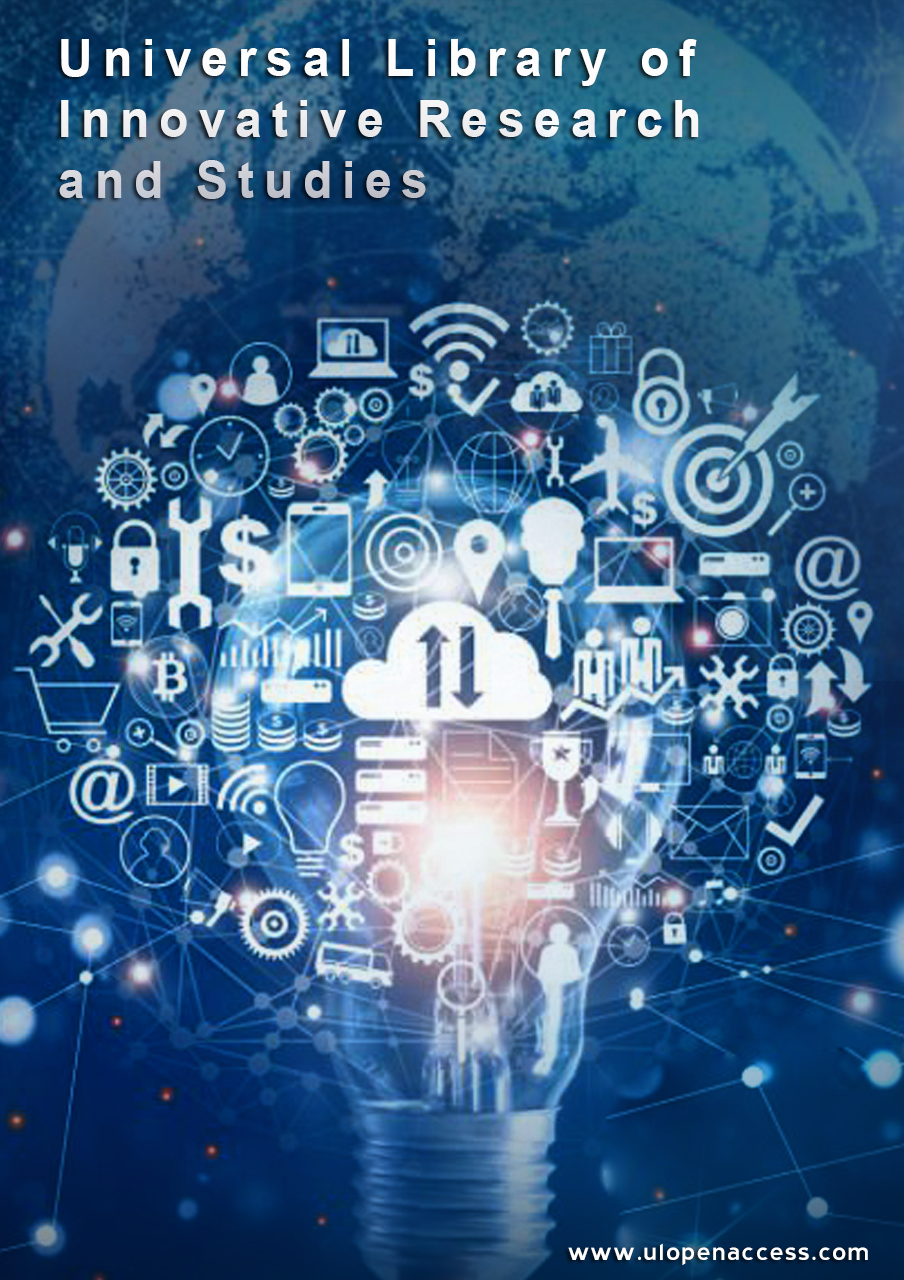Mental Arithmetic as a Non-Traditional Method of Teaching Oral Calculation to PreschoolersNatella Horodetska Citation: Natella Horodetska, "Mental Arithmetic as a Non-Traditional Method of Teaching Oral Calculation to Preschoolers", Universal Library of Innovative Research and Studies, Volume 02, Issue 01. Copyright: This is an open access article distributed under the Creative Commons Attribution License, which permits unrestricted use, distribution, and reproduction in any medium, provided the original work is properly cited. AbstractThis study examines mental arithmetic as a non-traditional method of teaching oral calculation. The research presents statistical data on the effectiveness of mental arithmetic training, provides an overview of the methodology and its levels of study, and outlines its advantages and disadvantages compared to traditional approaches. Large-scale studies on the effects of mental arithmetic training are reviewed, leading to the conclusion that such training enhances the development of both hemispheres of the brain, which in turn fosters qualities such as flexibility and adaptability. The aim of the study is to explore mental arithmetic as a teaching method and to identify its benefits for intellectual development in early childhood. The research concludes that preschool and early school-age children acquire mental arithmetic skills more easily. The relevance of the study is based on the modern need for adaptability and cognitive flexibility. This article will be useful for educators teaching mental arithmetic and for parents interested in fostering their children’s intellectual abilities. Keywords: Mental Arithmetic, Effectiveness, Adaptability Development, Imagination, Visualization, Intellectual Development. Download |
|---|

